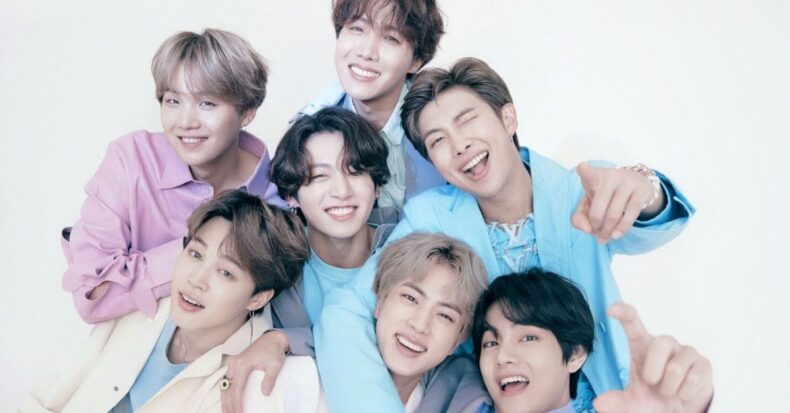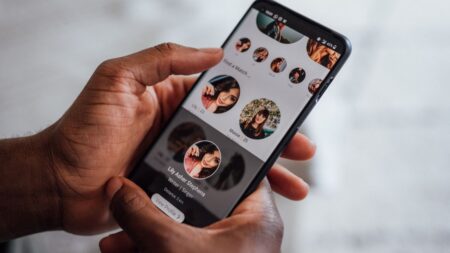The popularity of Korean movies, songs, and series is in the craze across the globe. Let’s understand why?
When we hear about ‘The Korean Wave,’ it talks about the widely spreading popularity of South Korean Media. The North Korean government has created a massive wall around its country.
South Korean music, movies, and series are breaking records in the global platform, changing the views and definition of media consumption forever.
On the one hand, BTS, BlackPink, Exo, TWICE, and other similar Kpop bands are becoming an obsession among the population who don’t even speak the Korean language.
Series like Boys Over Flower, Descendants Of The Sun, Guardian, It’s Okay Not To Be Okay, and the record-breaking Squid Game has won over several hearts and praises.
In 2019, the movie Parasite became the first Korean movie to get recognized by The Academy Awards, and in 2020 Minari, portraying an immigrant Korean family’s story, collected several awards. The famous Korean film Train to Busan is also rumored to get an American remake.
How has this wave of Korean Media started to take over the world? And why, despite having cultural and language barriers, do women love Kdrama?
We talked to some Female Korean fans, and let’s understand their take on this craze-
Bangtan Boys, Kpop Group
Escapism
One Korean fan has expressed her love for Korean Dramas as an ‘Escapism.’
“The reason I love Kdrama is that they are so light, soft and healing.”
Escapism seeks ways to distract our minds from the violence, abuse, mediocrity, and unpleasant realities present in our lives by getting engaged in fantasies by books or movies. We live in a world where every day presents a new stressful situation to deal with.
With the fast access to information, the world is now being loaded with several news of crime and humanitarian crises across the globe.
This may feel easy but having this much information in hand means getting overwhelmed by the miseries of around the world in a day, every day.
With the global pandemic still going on, the Korean Drama became a means to escape our stressful lives for few hours.
Another American Korean Drama fan had a different intake in this “I think the shows express love in a different way than the American shows. In America, the audience only understands when two people are in love if they’ve slept together. Kdramas show the more loving side of romance and always seem to set a romance standard of your own. Each show after the next the standards increase.”
We live in a patriarchal world, where women, right from a very little age, learn to tolerate abuse and harassment. This world is cruel to genders other than males. Girls face a lot of partiality in school, colleges, home,
work, and different relationships.
So imagining a fictional world where men care, where men respect women and treat them equally, is the victim’s way of coping with the harsh realities and dreaming of a better one.
“Women like men written by women, they are safe, soft, caring and respectful. Some Korean dramas have typical masculine stereotypes but they go through a character arc and learn to be loving. Women love transition and redemption arc.”
A female writer and reader expressed her views on the matter.
In a society where women live in constant fear from abusive “Macho” men at every step of their life, Korean Lead Actors are portrayed as soft, respectful, and expressively speaking their emotions in the Korean Dramas that women love to see for a change.
“In 2019, being soft is cooler than being a Womanizing, hard-edged hero”.
-Douglas Greenwood, British Vogue.

Korean Culture
Talent in Multidimensional Stories
Parasite and Squid games are an exemplar of how talented and visionary the Korean Movie field is.
The storylines in the Kdramas are unique and, in these cases, were artful commentaries on social inequalities using their beautiful direction, writing, and acting skills.
“The writing is often well written. They are the perfect amalgamation of Comedy, Love, Tragedy, Culture. Although some of them are a clique, some of them break stereotypes. They show different troops. They have really good value for their culture and family.”
Culture and language are the binding strings that tie all Korean media together. Culture mainly carries the Korean Drama, and they only use their language, forcing the viewer to fall in love with it and learn it by themselves to understand the series in its native language.
This grips a viewer’s interest from the very first episode, and no stretching of the plot with the additional seasons makes them more memorable.
They present that face of womanhood and courage that Indian Television always claims to attain but fails to deliver.
“Kdrama don’t use girls as cowards and weak but show them girl bosses who can manage difficulties on their own. They sometimes dare to show brutally honest situations and portrays realistically raw emotions. The ending is not always happy. How blood relations are not always loving and healthy, how people often die, Love sometimes fail because of the wrong timing, and how it’s okay to be broken, different, and damaged.”

Seoul, South Korea
The Government’s Support
The Korean government understands the potential and power that the influence of art and media has over the world. It considers the entertainment and media industry as a key for the future national economy.
The vast Information technology infrastructure such as high-speed mobile connectivity and diverse purchasing power in entertainment has helped to experiment in the entertainment and media industry, using its potential to drive future tourists and investment in the country.













